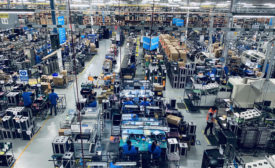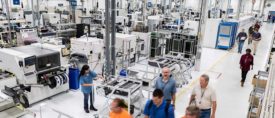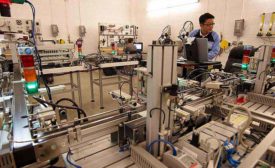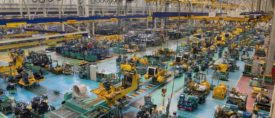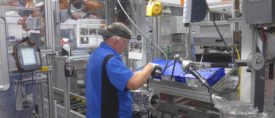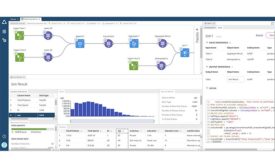Home » data analytics
Articles Tagged with ''data analytics''
Manufacturing Software
A three-tiered approach is needed to connect, collect and analyze production data.
Read More
Manufacturing Software
Johnson Controls and LeanDNA Build Digital Thread
Software connects 14 manufacturing sites and more than 800 suppliers.
April 27, 2023
VW and the Cloud
By creating an industrial cloud, VW hopes to improve systemwide productivity by 30 percent.
June 30, 2022
Machinery Makers Invest in Automation
Industry 4.0 technology and robotics enable manufacturers to improve output, quality and safety.
January 4, 2022
2021 Assembly Plant of the Year: GKN Drives Transformation With New Culture, Processes and Tools
A two-year-long continuous improvement initiative pays off in Newton, NC.
October 13, 2021
Meeting the Challenge of Implementing AI
Like other transformative technologies, artificial intelligence presents manufacturers with unique challenges to overcome for successful implementation.
August 25, 2021
Never miss the latest news and trends driving the manufacturing industry
Stay in the know on the latest assembly trends.
JOIN TODAY!Copyright ©2024. All Rights Reserved BNP Media.
Design, CMS, Hosting & Web Development :: ePublishing

